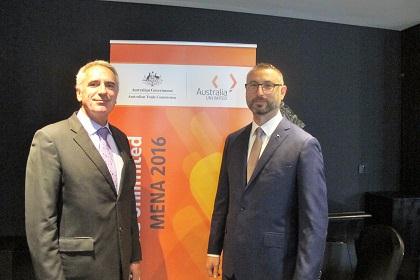
South Africa and Australia established diplomatic relations in 1947 and enjoyed very close political and economic ties. As campaigns for international isolation of South Africa intensified in the 1970s and 1980s, successive Australian governments placed Australia firmly in the anti-apartheid camp, supporting UN resolutions against apartheid and implementing the oil, trade and arms embargo as well as sport boycott against South Africa.[2]
When Australian Prime Minister Gough Whitlam came to power in December 1972, his Government quickly acted to dismantle all vestiges of racism and to adopt a more independent stance on foreign policy. One of its first actions was to restrict the entry of racially selected sports teams and individuals and initiate an apartheid sports boycott. In 1977, Australian Foreign Minister Andrew Peacock maintained “that it was impossible to divorce politics from sport because the South African Government had imposed a political dogma on its sportsmen and sports associations.”[3]
After the inauguration of the first democratically elected Government of South Africa in May 1994, relations were normalised.[2]
In 1997, the Australia-South Africa Joint Ministerial Commission was established which is chaired by Trade Ministers, the JMC is the peak forum for the discussion and strengthening of the trade and economic relationship between South Africa and Australia.[4]
In the early 2000s, Australia’s trade with South Africa had become more liberalised and they also played a significant role along with Indiain the Indian Ocean Rim Association for Regional Cooperation.[5]
Notifications